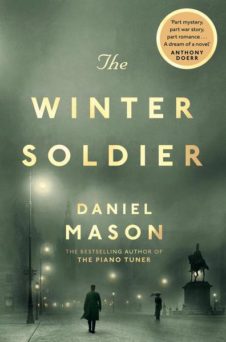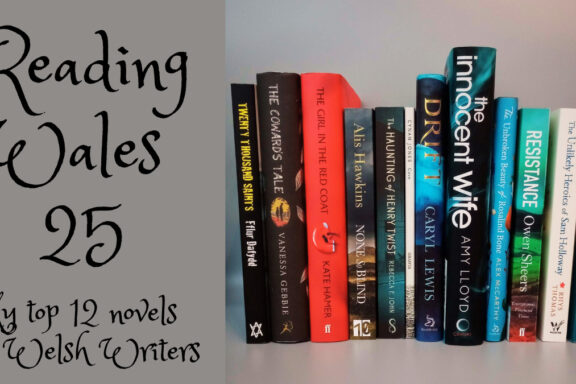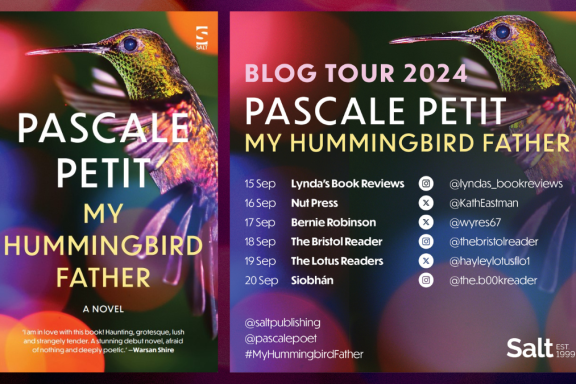 Daniel Mason’s The Winter Soldier takes a young medical student far from Vienna and into the makeshift world of being a wartime medic in the Galician mountains on the Poland-Ukraine border.
Daniel Mason’s The Winter Soldier takes a young medical student far from Vienna and into the makeshift world of being a wartime medic in the Galician mountains on the Poland-Ukraine border.
Vienna, 1914. Lucius is a twenty-two-year-old medical student when World War I explodes across Europe. Enraptured by romantic tales of battlefield surgery, he enlists, only to find himself posted to a remote field-hospital ravaged by typhus. Supplies have all but run out, the other doctors have fled, and only a single nurse remains, from whom he must learn a brutal, makeshift medicine.
Then one day, an unconscious soldier is brought in from the snow, his uniform stuffed with strange drawings. He seems beyond rescue, until Lucius makes a fateful decision that will change the course of his life.
The Winter Soldier almost feels like a coming-of-age tale in many ways, as we trace Lucius’ journey from a privileged Viennese home life and university education to a remote field-hospital.
Lucius is more interesting than his privileged background might at first suggest. He has “an unusual aptitude for the perception of things beneath the skin,” and is socially awkward, struggling to see beyond the symptoms and cases he handles to the human beings affected, namely his patients and their families. It takes him a long way into the novel to even begin to realise this, and crucially for him, it will help to shape his story.
I started to warm to Lucius after he followed Sister Margarete’s lead initially because the assured, if mysterious, sole nurse on site is far more practical than Lucius in almost every way imaginable. (This isn’t entirely his fault; by the time he enlists, the nature of his medical training means that he’s only ever handled four patients – and one of those was for earwax, so he’s sorely under-equipped for what’s ahead of him.)
I was as intrigued by Margarete as Lucius is and wanted to know what had brought her to this isolated spot to nurse soldiers in a conflict zone. I also admired her strength of character and her strategies for coping in such a male-dominated world.
It’s unsurprising that Lucius’ romantic notions of battlefield surgery soon collide with the stark reality of the situation he finds himself in and Mason spares little in his description of these scenes. The field-hospital Lucius works in may not be on the frontline but it was close enough for me.
The mystery surrounding Margarete and romance elements in the book offer some relief to the field-hospital scenes, but I also welcomed how the book’s pace shifted throughout, acting as a mirror to Lucius’ feelings. Mason makes good use of his scene changes and the train journeys which Lucius takes between these help to alter the mood of the story, and open it up to become more sweeping in scope.
Mason highlights the striking difference between the lives of the stay-at-homes and the stark reality for those who enlist and are sent out to serve. It shows the true cost of war in the scars and divisions that afflict people, families, and countries for generations. It’s also a novel about the choices we make from the result of officers’ decisions to patch the men up and send them back onto the battlegrounds to the seemingly more minor but still life-altering decisions individuals can make, especially when they come from a place of good intentions. Something which is shown to devastating effect here in Daniel Mason’s pitch perfect The Winter Soldier.
The Winter Soldier by Daniel Mason is published by Picador, an imprint of Pan Macmillan. It is available as an audiobook, ebook, in hardback and in paperback. You can find it at Amazon UK or buy it instead from Hive where every book your purchase helps to support your local independent bookshop. For more on the author and his books, check out his Author Website or find him on Twitter.
My thanks to the publisher for sending me a review copy.



Leave a comment